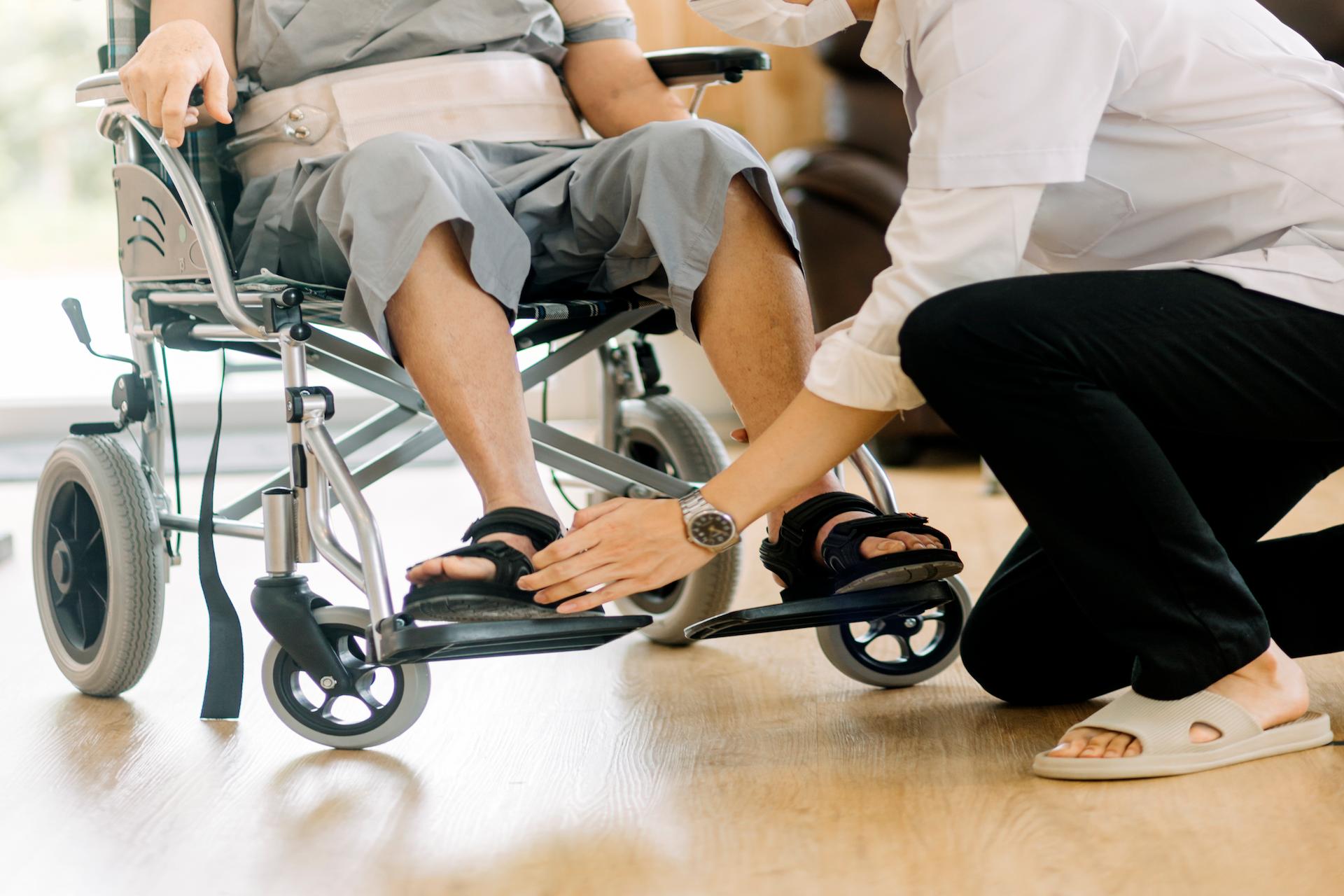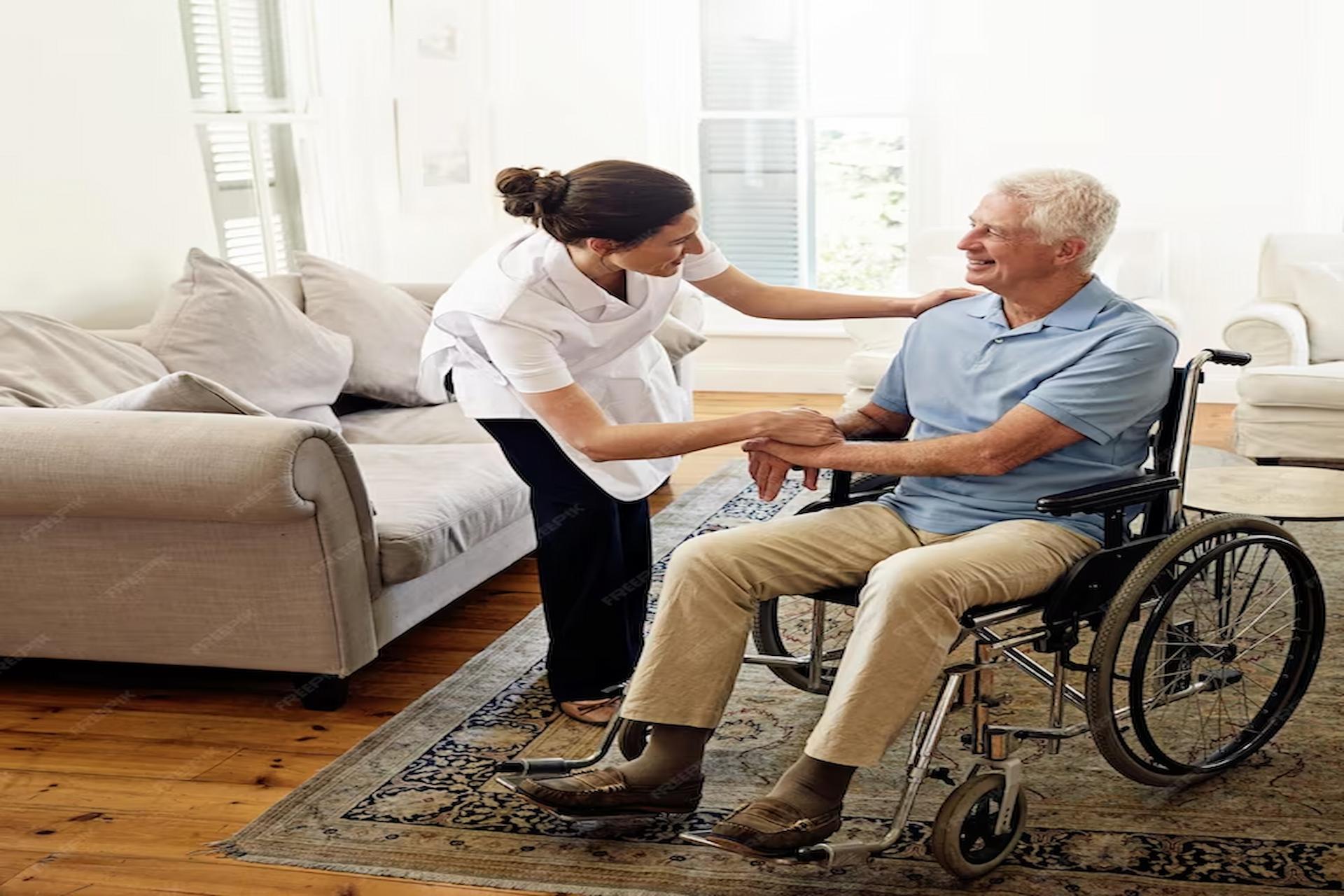Find out how caring for an elderly could impact your life, in positive and negative ways, and the alternatives available if it feels like the wrong choice for your family.
A study last year found that the UK will need an extra 71,000 care home spaces in the next 8 years to cope with the demands of a growing population.
The care industry is growing but, not fast enough currently to cope with demand.
One thing that helps to take the pressure off the care industry is when family members agree to care for their elderly relative. Naturally, it is something most families consider before a relative goes into care because you want to make sure your relative stays as happy as possible in their golden years. However, it comes with huge responsibility and it isn’t necessarily something that is right for everyone according to the experts at The Live-in Care Hub.
Here are some of the common occurrences and potential outcomes of caring for an elderly relative:
Your Own Family Life Is Affected
Your family life will be disrupted as you have a new person in your household dynamic to account for. You may also find you lose the time you have to spend with your partner or children.
There Is A Physical Strain
Physically, caring is difficult. People who work in residential homes and in at home care usually have to be at a good level of physical fitness to do the job. There is a lot of physical pressure on the job of caring. If you’re not in good physical fitness, you could find it difficult to care for somebody.
There Is Emotional Strain
A study completed within the last few years suggested that there are six and a half million people caring for an elderly relative. In the same study 34% felt caring for a relative had led to a strain in their relationship and 35% felt that their health had been affected by being a carer. It is a tough position and if you don’t get support or look out for yourself it could affect you negatively.
Your Relationship With Your Parent Could Be Affected
Your parent to child relationship is likely to change when you become a carer for an elderly parent because the roles are reversed. This can be particularly challenging if the parent has dementia. You may feel both feel anger, sorrow, frustration, stress and anxiety.
The Alternatives
Everything listed above is negative, when in fact many family caregivers say that they wouldn’t change a thing because they are happy to care for their parent.
The most important thing is that you seek support as a caregiver so you do get some rest bite and emotional support. If you allow yourself to come second best, you may find you become unable to care for yourself or your parent.
You may also want to consider at home care, as a way to keep your parent in their own home, or even your home, but without the strain of having to provide all the care yourself.
The trained carer would come as a home help visiting at agreed times, or they can live in the home with the client. They can provide help with things like personal care and medication routines, as well as physical therapy and help with meals and even pet care. It could be worth considering if you don’t want your parent in a residential home, and you feel caring for them is too much for you.
The first step is getting a care assessment and you can then see which options could work for you. With the right support and guidance, the right care can be delivered to your relative whilst you maintain good emotional and physical health.




